What is a non-domicile ?
This is not about UK tax residence status, which can change every year. The laws of domicile dictate a person’s long-term tax status over decades. If you are “non-dom” you probably know so already ?
Just in case you do not, it works like this. A UK non-domicile was typically born outside the UK and you consider your spiritual home to be another country. Some typical non- doms whom we advise are Americans, Europeans, Antipodeans. When applying the non-dom rules, a taxpayer is typically asked for their country of birth and even where he expects to be buried.
Domicile runs far deeper than tax residence, based on origin and an affinity to another country.
Key features for non-doms
- The real complexity of these UK laws runs to hundreds of pages https://bit.ly/3aFrYLZ
But let’s keep it practical here !
- Remittance planning ( when you can exclude foreign income from UK tax) can apply to employment income, foreign gains, other foreign income eg investments.
- An expat can be non-domiciled but then acquire UK deemed domiciled status; based on too many years spent here. The non-dom benefits no longer apply.
- One size does not fit all for non-doms. Sometimes the best option is to set aside all domicile reliefs and use other UK tax planning. The list of these is endless but for example expats can use UK main residence tax reliefs, or re-investment reliefs.
The benefits ?
A UK non-domicile can access the following tax reliefs :
- in the first 7 tax years, he or she can choose not to report or tax any overseas income here.
- this is very convenient for one thing and
- it can deliver major UK tax savings eg US tax on an item is 10% only; avoid UK higher rates. That is what this is all about.
Complex cases
We thrive on the challenging tax cases …
- We work for a Dutch banker with investments in multiple countries and each year we assess whether it is cost -efficient to claim the remittance basis; or to report global income.
- We have American clients with global investments, who bring funds here from an array of bank accounts. Our job is to unpick this, to determine how best to tax the funds.
- We advise non-dom people on inheritance tax planning when they believed that foreign assets were outside the UK tax net, but they turn out not to be.
Claiming foreign tax credits
This is another excellent option open to wealthy non-dom expats.
People who have lived here long-term can become liable to the Remittance Base Charge (“RBC”); to avoid reporting foreign income. The RBC in simple terms is £30,000 for those who pass 7 years’ residence here, and £60,000 who exceed 12 years of tax residence. The rules are a little more involved but that will suffice at this point.
When the RBC charges loom (and even before this), it can be more beneficial to report total worldwide income and claim foreign tax credits. You would claim credit for all foreign taxes paid on eg salary or letting income. If the US has taxed salary at 45% and the UK rate due on that income is 40%, the credit wipes out the total UK taxes.
Tax treaties
It is not in the interests every non-dom to use their domicile to avoid a major tax hit.
There are other ways to maximise tax benefits. You may spend significant time in the UK aswell as their home country….
We can utilise double tax treaties to avoid UK tax altogether sometimes. Let’s take a French national who divides her time evenly between Paris and London. She uses the France/UK double tax treaty to stay out of UK tax on eg employment income and her investments.





